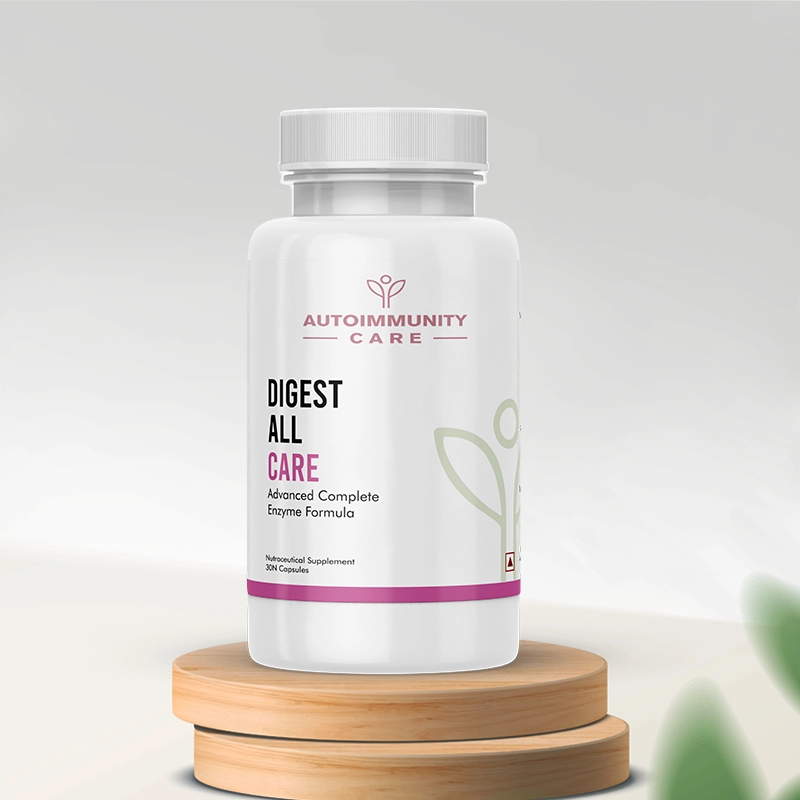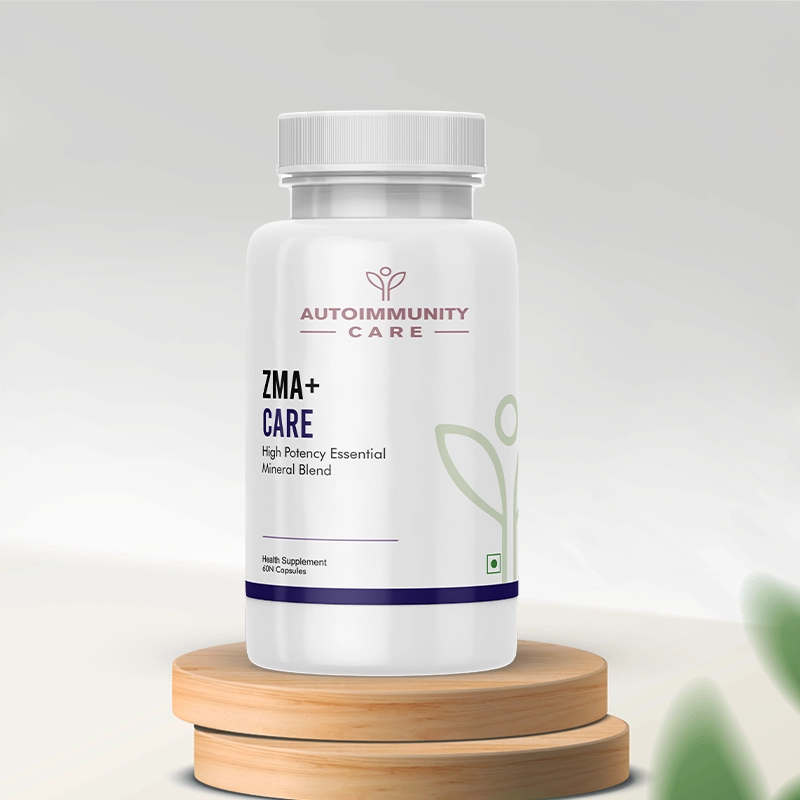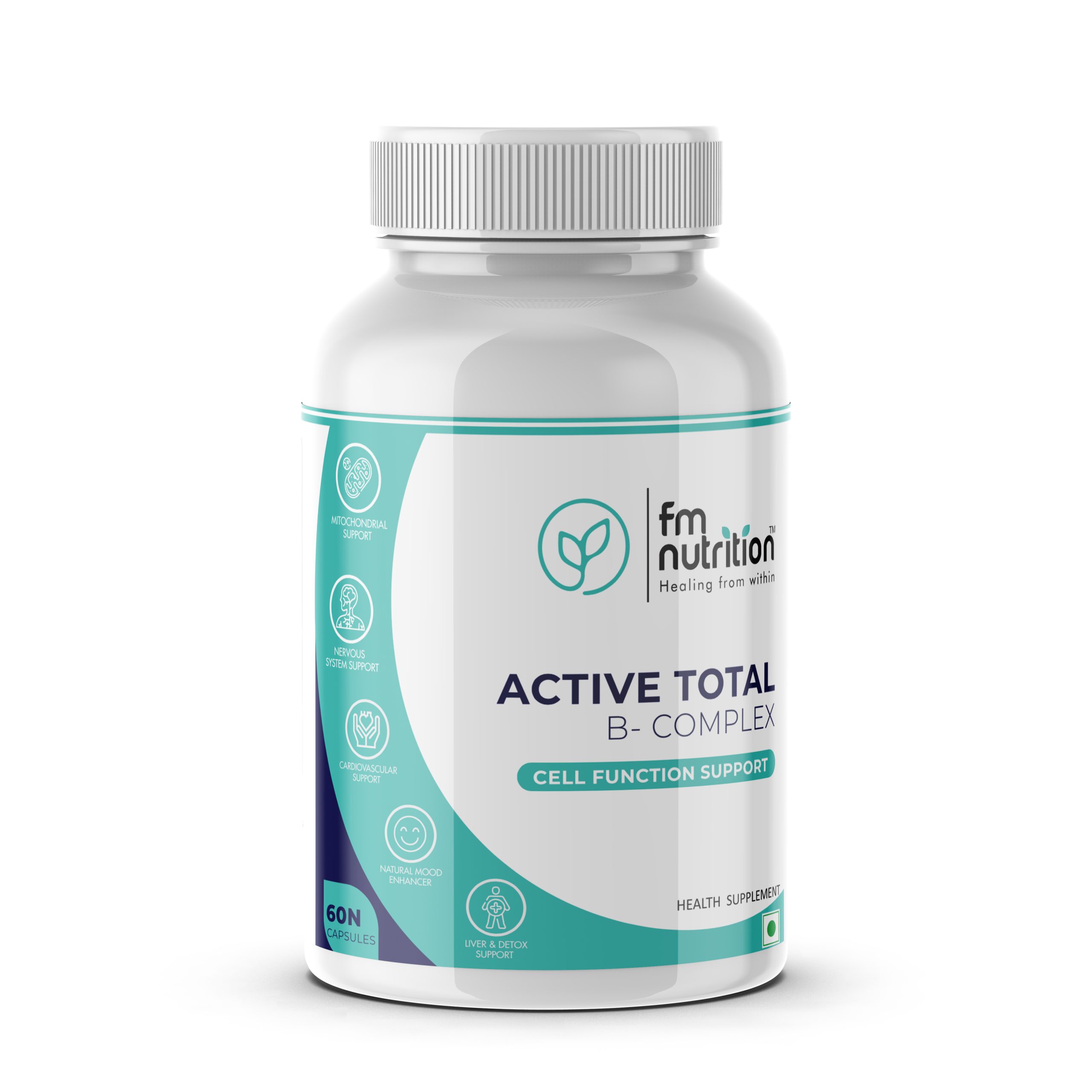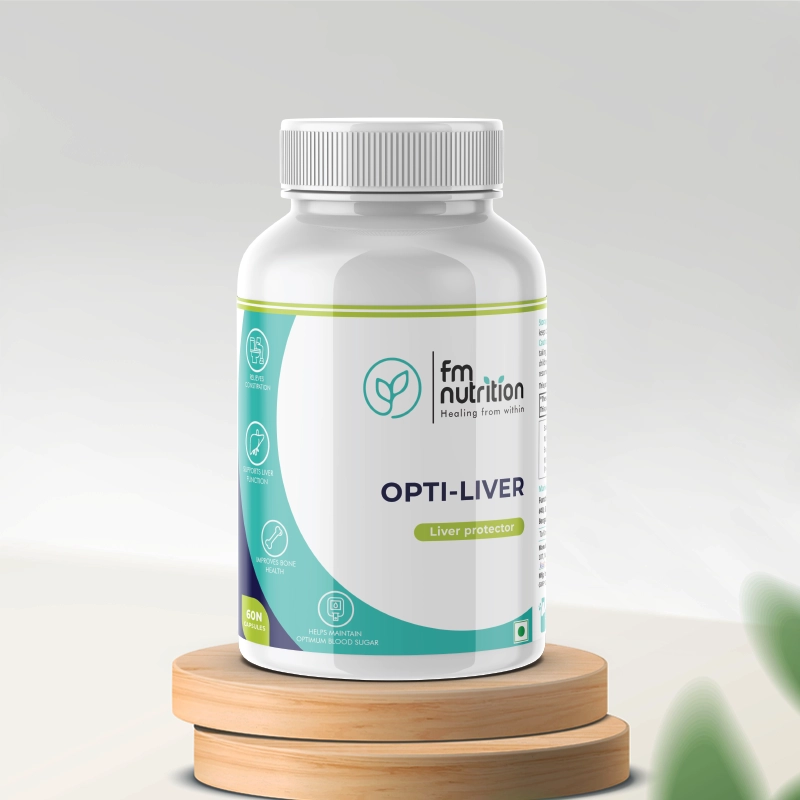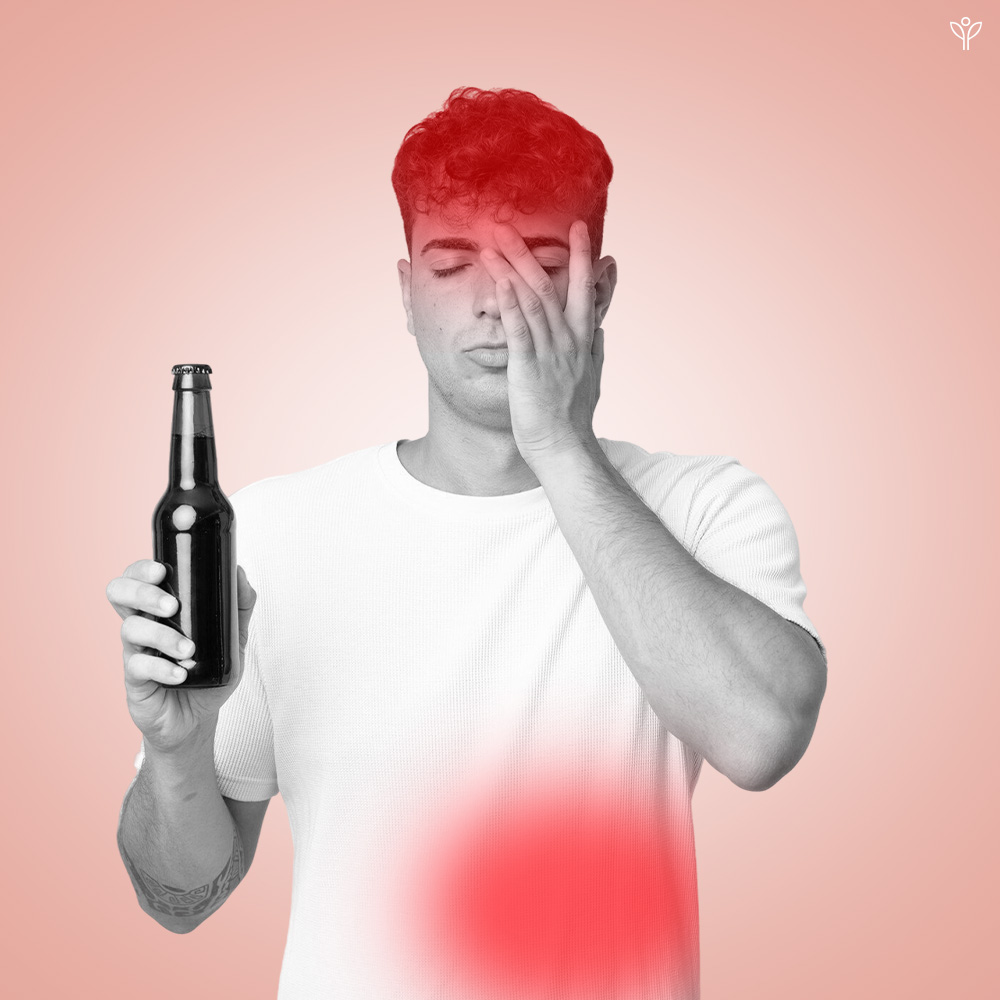
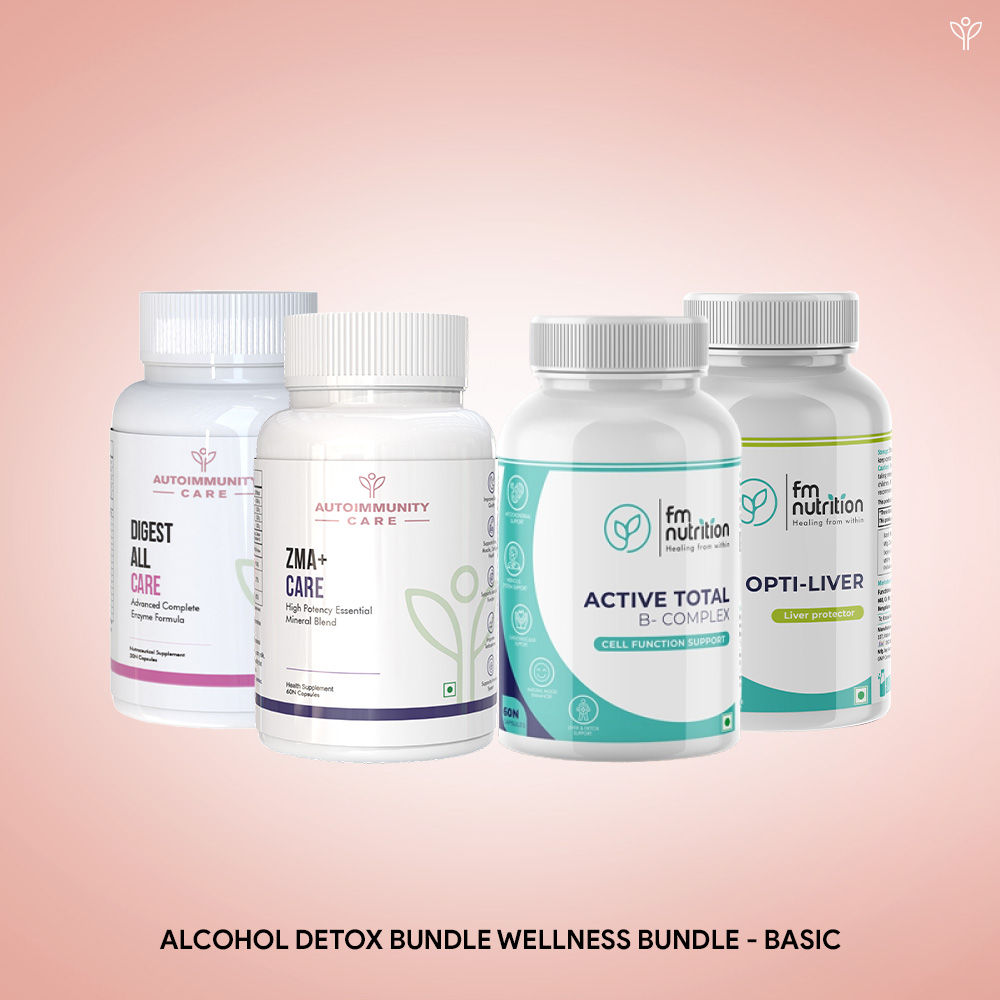
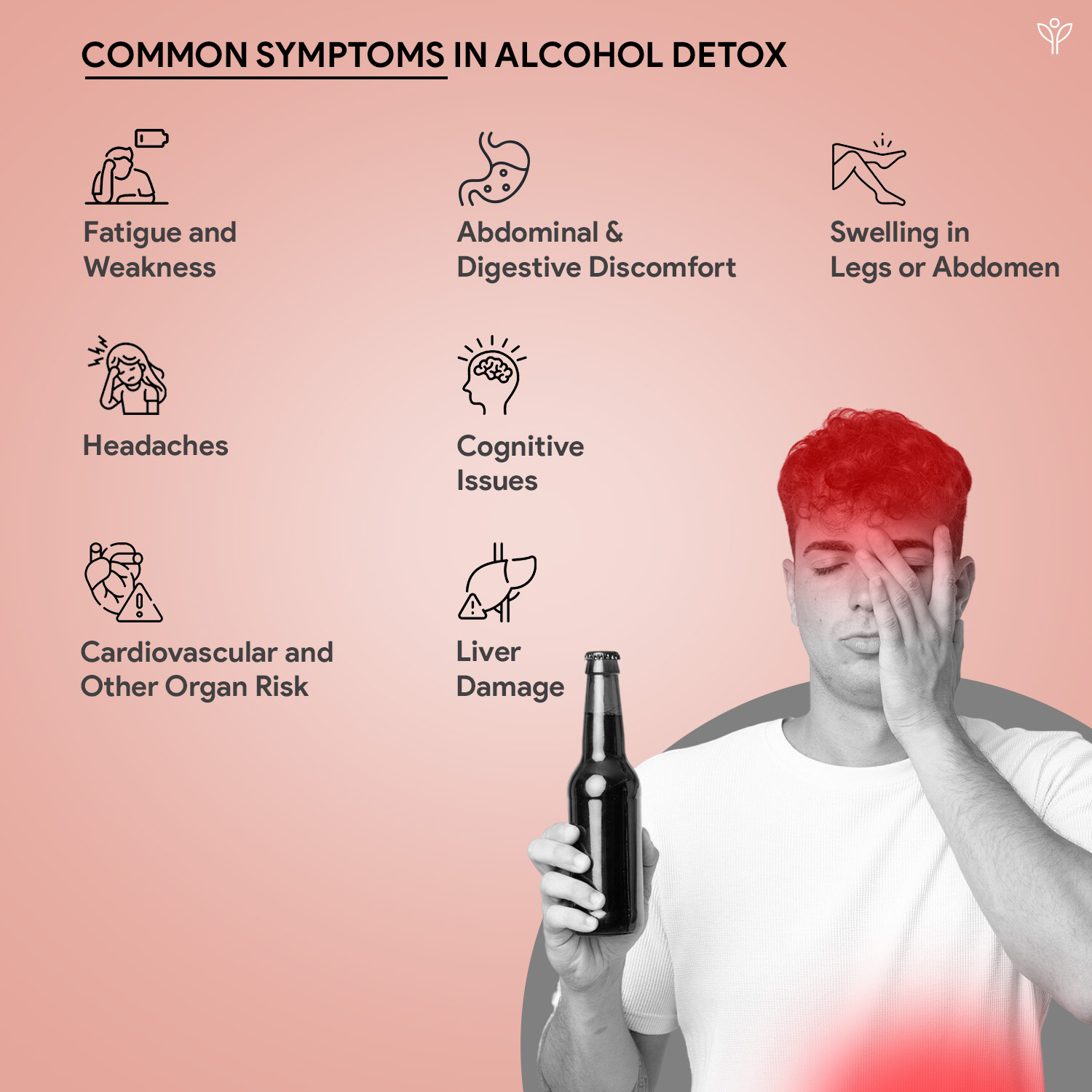

Alcohol Detox Bundle
AIC’s Alcohol Detox Bundle supports liver detox, gut health, and nutrient recovery after drinking. It combines Digest All (enzymes), ZMA+ (mineral support), B-Complex (inflammation control), and Opti-Liver (liver protection) to help your body process alcohol, reduce hangover stress, and restore balance naturally.
Cleanse Your Liver and Body with AIC’s Alcohol Detox Bundle
AIC’s Alcohol Detox Bundle is your go-to solution for alcohol detoxification, liver and kidney support, and post-drinking recovery. Whether you’re bouncing back from a night out or looking for daily alcohol detox support, this bundle is packed with science-backed nutrients to detox your body from alcohol and replenish the minerals that drinking depletes.
The bundle includes:
- Digest All – A blend of digestive enzymes that supports gut health and helps remove alcohol from the body by breaking down heavy foods and ethanol faster
- ZMA+ – A mineral-rich formula with Zinc and Magnesium to restore what’s lost during alcohol intake, aiding in muscle function and alcohol detox recovery.
- B-Complex – Combats inflammation and supports energy levels while helping with liver repair after alcohol.
- Opti-Liver – A potent alcoholic liver detox formula with ingredients like Milk Thistle, NAC, and Glutathione to help cleanse your liver from alcohol and protect it from oxidative stress.
Whether you’re wondering how to detox from alcohol or just want an easy way to clean your liver and kidney after drinking, this all-in-one kit helps reduce hangover stress, boost detox pathways, and support your body’s natural healing mechanisms.
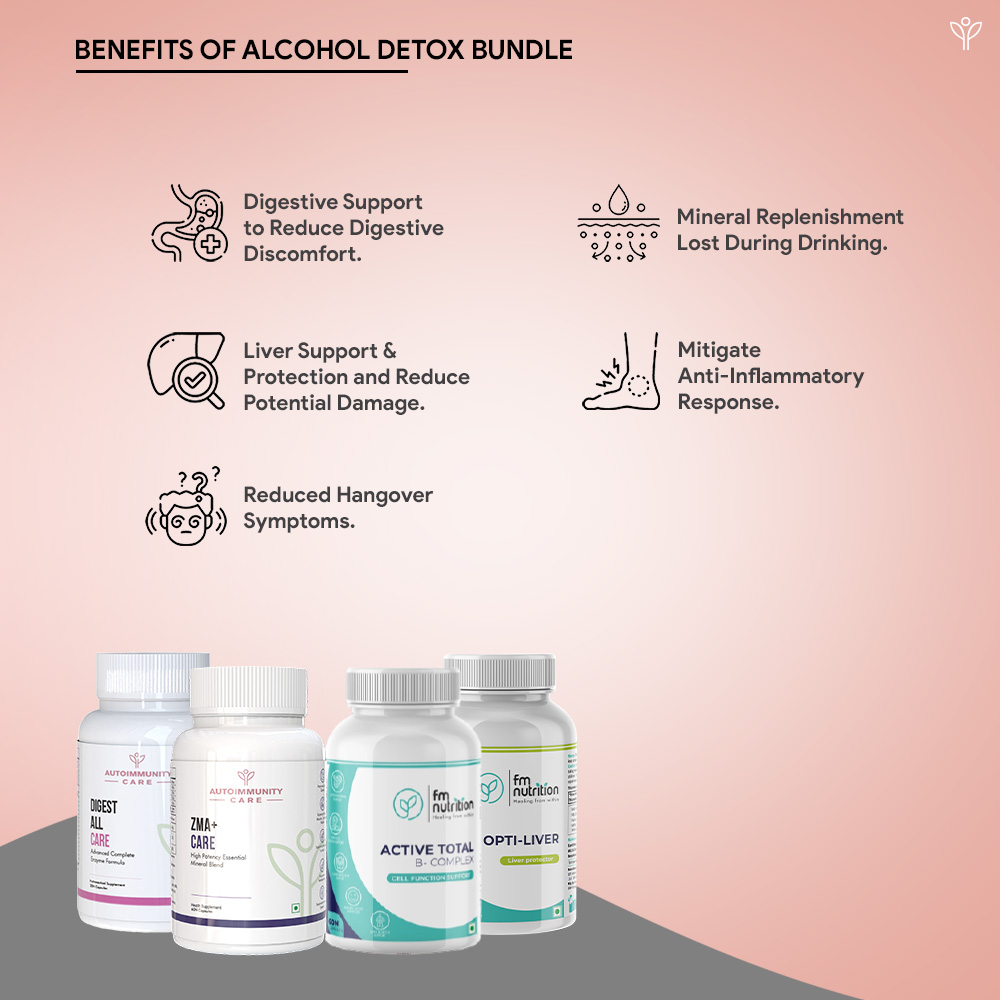
What we have in Alcohol Detox Bundle
Frequently asked questions
Reference
Molina, P. E., Nelson, S., & Noronha, A. (2017). Alcohol-Organ Interactions: Injury and Repair. 38(2), 141. https://www.questia.com/library/journal/1G1-503295200/alcohol-organ-interactions-injury-and-repair
Osna, N. A., Donohue, T. M., & Kharbanda, K. K. (2017). Alcoholic Liver Disease: Pathogenesis and Current Management. PubMed, 38(2), 147. https://pubmed.ncbi.nlm.nih.gov/28988570
Tian, Y., Liu, J., Zhao, Y., Jiang, N., Liu, X., Zhao, G., & Wang, X. (2023). Alcohol consumption and all-cause and cause-specific mortality among US adults: prospective cohort study. BMC Medicine, 21(1). https://doi.org/10.1186/s12916-023-02907-6
Varghese, J., & Dakhode, S. (2022). Effects of Alcohol Consumption on Various Systems of the Human Body: A Systematic Review [Review of Effects of Alcohol Consumption on Various Systems of the Human Body: A Systematic Review]. Cureus. Cureus, Inc. https://doi.org/10.7759/cureus.30057
Ventura‐Cots, M., Ballester, M. P., Ravi, S., & Bataller, R. (2019). Public health policies and alcohol-related liver disease [Review of Public health policies and alcohol-related liver disease]. JHEP Reports, 1(5), 403. Elsevier BV. https://doi.org/10.1016/j.jhepr.2019.07.009
Cloyd, J. (2025, January 13). Alcohol and health: A functional medicine perspective on holiday drinking. Rupa Health. https://www.rupahealth.com/post/alcohol-and-health-a-functional-medicine-perspective-on-holiday-drinking



